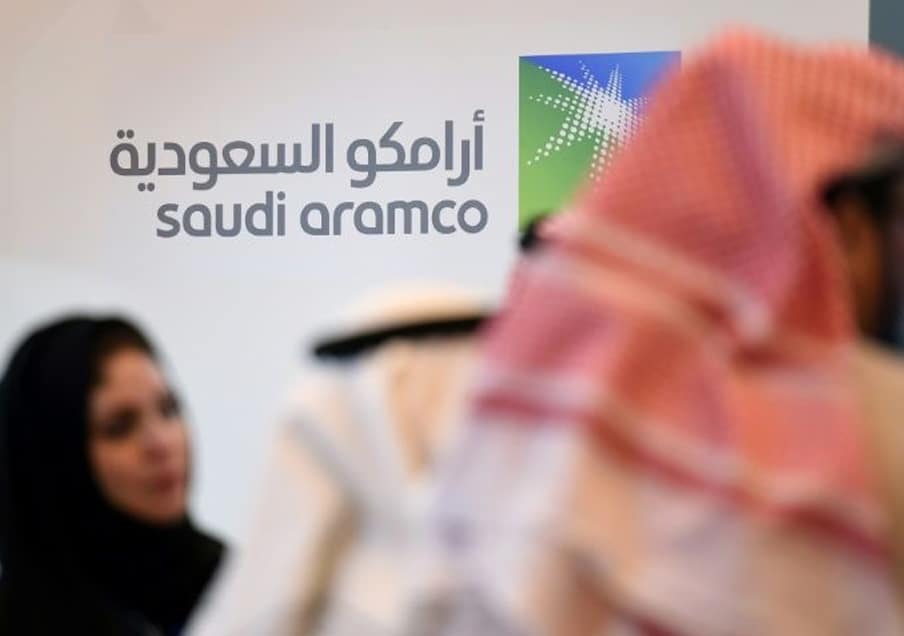RIYADH: Saudi Aramco‘s shares soared on their debut on the domestic stock exchange Wednesday, becoming the world’s biggest listed company worth $1.88 trillion after a record-breaking IPO.
Aramco had priced the initial public offering at 32 riyals ($8.53) per share, raising $25.6 billion and eclipsing Alibaba‘s $25 billion IPO of 2014 to become the world’s largest.
Aramco shares rose 10 percent to 35.2 riyals just seconds after the debut on Riyadh’s Tadawul exchange, the maximum limit allowed on any trading day, further boosting the energy giant’s valuation.
“Today the kingdom of Saudi Arabia is no longer the only shareholder of the company,” Aramco chairman Yasir al-Rumayyan said at a glitzy launch ceremony.
“More than five million shareholders have joined, including citizens and residents, in addition to (Gulf) countries and international investment institutions. This is a day when everyone in Aramco and in the kingdom can be immensely proud.”
The sale of Aramco shares is the bedrock of de facto ruler Crown Prince Mohammed bin Salman‘s ambitious strategy to overhaul the oil-reliant economy.
The IPO process had put the energy giant’s value at $1.7 trillion, far ahead of other firms in the trillion-dollar club, including Apple and Microsoft.
The listing of Aramco, with its huge capital value, boosts the Saudi bourse — known as Tadawul — to the ranks of the world’s top ten.
But the scaled-down listing is still a far cry from the blockbuster originally planned by Prince Mohammed who had eyed a $2.0 trillion valuation.
The much-delayed stock sale, first announced in 2016, was initially expected to raise as much as $100 billion from the sale of up to five percent of the company.
The government’s plans to raise additional funds by listing on a major international market are on hold.
– Eye on $2 trillion –
Now however the government is trying to persuade wealthy families and institutions to buy Aramco shares after trading begins, in a last-ditch effort to reach the $2 trillion mark, the Financial Times reported on Tuesday.
The Saudi government itself has pumped in huge funds to boost the IPO, which was originally intended to raise external funding for the kingdom’s diversification plan.
Two-thirds of the shares were offered to institutional investors. Saudi government bodies accounted for 13.2 percent of the institutional tranche, investing around $2.3 billion, according to lead IPO manager Samba Capital.
The IPO is a crucial part of Prince Mohammed’s plan to wean the economy away from oil by pumping funds into megaprojects and non-energy industries such as tourism and entertainment.
But sceptics say the proceeds will barely cover the kingdom’s budget deficit for a year.
The IPO was heavily focused on Saudi and other Gulf traders. International investors have remained sceptical about the secretive company’s targeted valuation.
The IPO also comes with oil prices under pressure due to a sluggish global economy hit by the US-China trade war and record output by non-OPEC crude exporters.

